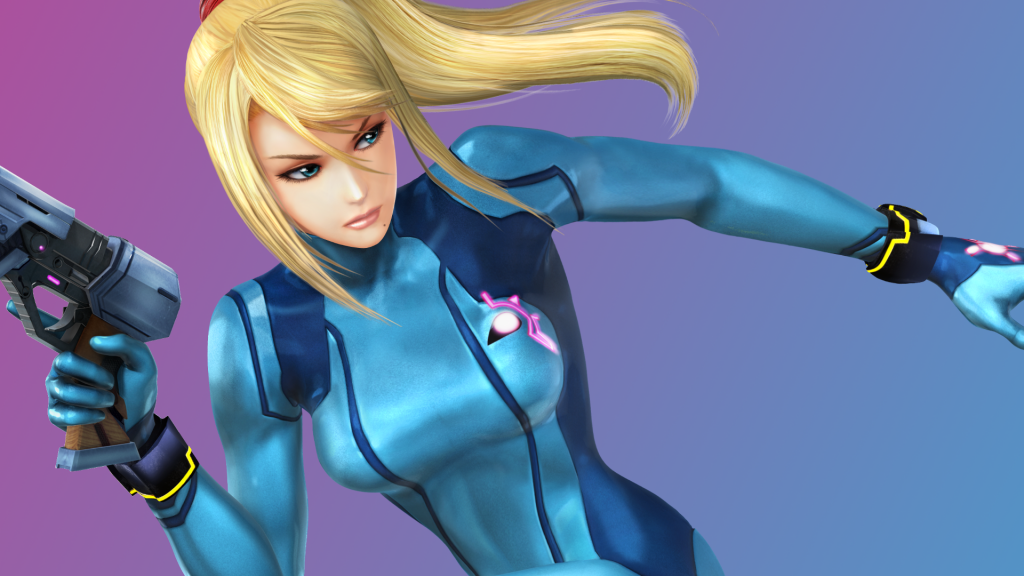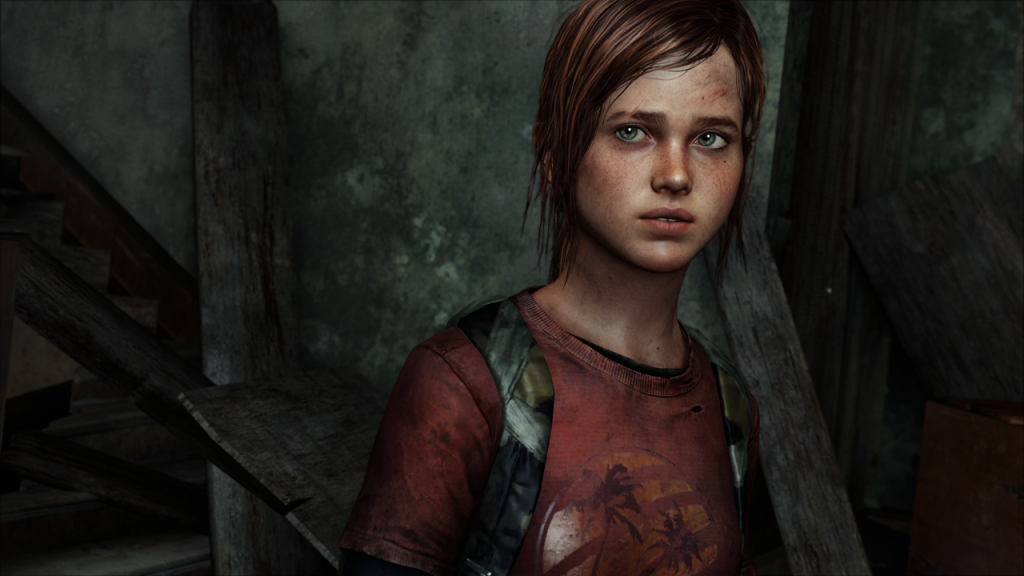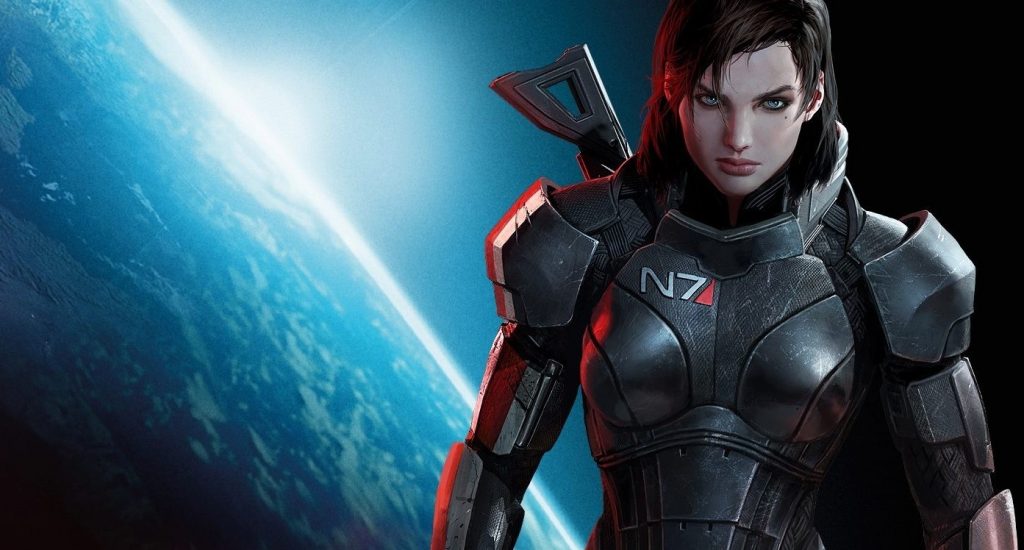Game developers recognize that consumers want female playable characters. Just last year, it was announced that in Call of Duty you could play the game from a female perspective. There are lots of games that let you play as women, but what’s worrisome is that playable female characters surprise us. What should surprise us is a game that lacks playable female characters, and more so, characters whose identity is subscribed only to their gender.
Tough, Resourceful, Humble, Funny
This idea first presented itself to me in Michelle Nijhuis’ 2013 blog post “One Weird Old Trick to Undermine the Patriarchy.” In order to placate her daughter’s insistence that Bilbo Baggins was a girl, Nijhuis changed Bilbo’s pronoun from “he” to “she” and discovered that all the hobbit’s characteristics, “tough, resourceful, humble, funny,” weren’t dependent on Bilbo being male at all. These descriptors could, in fact, be adjectives of a female hobbit as well.
For decades, the general consensus has been that women are underrepresented in video games. The consensus is also that when there are female characters, they are (by and large) reflective of gender stereotypes including sexual objectification and the damsel that needs saving. This isn’t to say that male characters do not suffer from the same problems. As Celia pointed out, not all men relate to male characters who are preternaturally muscular with Fabio hair.
There have been games that combat the idea that female playable characters have to subscribe only to traditional feminine qualities. In Metroid, players were shocked when it was revealed at end game that Samus Aran revealed herself to be a woman. Players admired this tough as nails galactic bounty hunter. Because Aran had a full-coverage helmet on, who was to say she couldn’t have been a woman? Unfortunately, in Metroid’s next installment, Nintendo took Samus Aran back to good ol’ eye candy with her skin-tight zero suit.

Characters like Princess Peach, who is forever stuck waiting for Mario to save her, and the hypersexualized women in Tera, Soul Caliber, Blade & Soul (whose boobs defy the laws of gravity), are playable female characters who lack any characteristics other than being women and eye candy.
A Question of Personality
Often, dynamic female playable characters are in RPGs, like Mass Effect, Dragon Age, and Last of Us, instead of MMOs. For example, Last of Us allows players to play as the adolescent Ellie, whose spunk and tenacity (and let’s face it, her sailor’s mouth) wins players over. In Mass Effect and Dragon Age, players can choose between playing a male or female. The dialogue carries over from gender to gender, thereby making the qualities of Commander Shepard and the Inquisitor independent of their biological sex. We are left with characters who we remember for their determination, strength, wisdom, leadership prowess. It may be harder for MMOs to have playable characters who are as distinguished in personality as those in RPGs, because in MMOs, the personality of your character is partly established through your imagination, and partly through your questing experience and the overarching story of the game.

There are female playable characters outside of Bioware RPGs and traditional MMOs whose skill precedes her gender. Many characters in Overwatch, like Pharah, have abilities and dialogue that exist completely outside of their gender and sexuality. Michonne in The Walking Dead Telltale Game, the robotics engineer in ReCore, and the 10-year-old blind child in Beyond Eyes are all other games whose playable characters happen to be female and who are all badass in their own right.
As it stands, playable male characters are the norm for games. More often than not, if a game has a playable protagonist, the developers choose a male. According to research conducted by Professor Jeffrey E. Brand of Bond University, “I studied over 200 popular game titles at the time, and of those in which a character existed, that character was more than 70 percent likely to be male, 20 percent likely to be unidentified with respect to gender, and then 10 percent likely to be female.”
Dynamic Women
So why aren’t there more female playable characters who are as multifaceted as women in the real world? There are two easily identifiable answers:
- The idea that heroes are always men. We’ve been primed from a young age to believe that heroic deeds are done almost exclusively by men. Fireman, policeman, president. Hercules, Aladdin, even Wesley. (Who, let’s face it, defeated all the ROUS’ and Buttercup grabbed a stick and whacked one before crying out for help. Princess Bride is one of my favorite movies, and I love you, Buttercup, but come on.) For many of us, it’s not until we are in our teens or adulthood that we learn more about the badass females throughout history whose names are often neglected.
- Marketing men is the norm. Look at box art cover of any video game. Chances are, if there’s a character, it’s a muscular dude. A quick google search reveals that according to ShortList’s 50 Greatest Video Game Covers, only 5 had women who were alive (there was a 6th woman, presumably dead, draped in a man’s arms). The potential risks of a female protagonist is explored in this article, which expresses the idea that female leads while “provocative, would be commercially limiting.”

Taking Action
These are two big areas that have to be addressed in the coming years. As stated, there are developers who work towards making both male and female playable characters the norm, and whose females are multifaceted. Several new and upcoming video games, like ReCore and Beyond Eyes mentioned above, feature female protagonists. Are they taking a risk? Maybe. But I’d wager that this is a change audiences are prepared and eager to see.
How can we help? Though marketing playable female protagonists isn’t necessarily at the behest of developers, we can rally beside the talented women in the video game industry. We can let them know that we support them and their endeavors. That their opinions matter. When discussing history and folklore, we can bring up heroic women. We can show the next generation of gamers that females aren’t limited to their traditional roles – that women, like Commander Shepard, can do great things.
Feature image credit: SlendersKid
Deva M. Gregory
Latest posts by Deva M. Gregory (see all)
- The Fortnite Fortnitemares Update Is Cool, But Doesn’t Fix Loot Boxes - October 27, 2017
- Halloween Events: A Great Way to Thank Your Fav Devs - October 25, 2017
- Convention Survival Guide for Gamers with Anxiety - October 20, 2017
